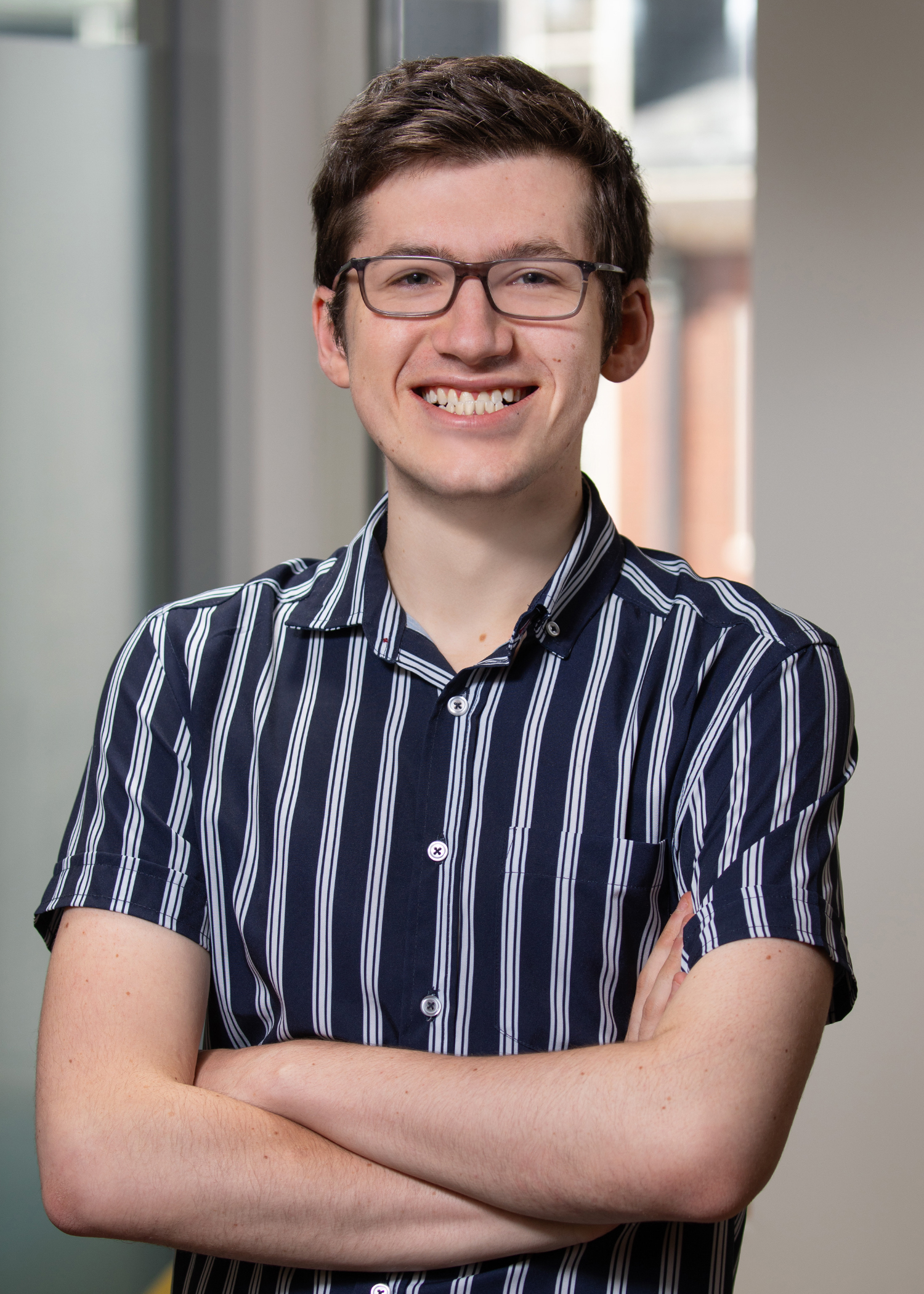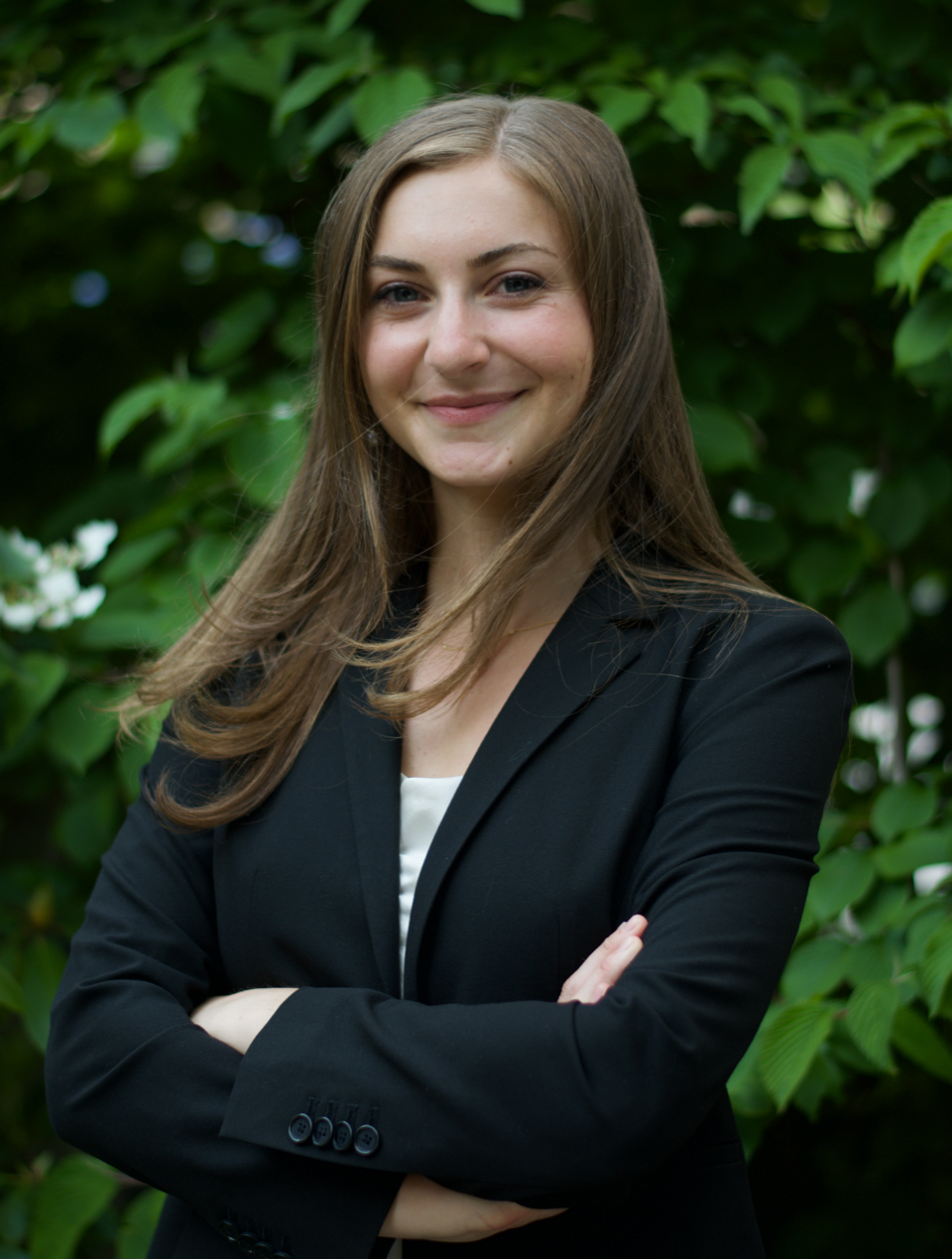Jack Kelly ’22, Sarah Moon ’23, and Naomi Shimberg ’23 Awarded NSF Graduate Research Fellowships

The Department is proud to announce that three recent Yale economics graduates have been honored through the National Science Foundation's (NSF) Graduate Research Fellowship Program (GRFP): Jack Kelly ’22, Sarah Moon ’23, and Naomi Shimberg ’23. The program recognizes and supports outstanding graduate students in NSF-supported science, technology, engineering, and mathematics disciplines who are pursuing research-based graduate degrees. The purpose of the GRFP is to help ensure the quality, vitality, and diversity of the scientific and engineering workforce, and broaden participation of the full spectrum of diverse talents in (Science, Technology, Engineering and Mathematics) STEM. In the profiles below, Jack, Sarah, and Naomi discuss their research interests and reflect on their time at Yale.
Jack Kelly

Jack Kelly has been working as a Predoctoral Research Assistant for MIT Professor Nathan Hendren since graduation, and is starting a PhD in Economics this fall at MIT. “I'm interested in public, labor, and information economics, particularly in government anti-discrimination policy,” Jack said, “for example, how can we best deter discriminatory behavior, and is existing policy well-calibrated to this aim?” Reflecting on his time at Yale, he praised the “genuine culture of mentorship” that shaped his academic journey, including time as an RA for Professor Eduardo Dávila and with his thesis adviser Professor Jason Abaluck. “Professor Abaluck encouraged me to think of the essay not as just another class, but rather as an opportunity to produce work on a topic I cared about. When I turned in my essay, he pushed me to keep thinking in further directions, and that actually ended up inspiring my NSF proposal!”
Sarah Moon
Sarah Moon is currently finishing up her first year of a PhD program at MIT. “Most of the research I’ve done so far has been in econometrics,” Sarah said, “but I’ve been taking a lot of interesting MIT classes on other fields of economics and am still figuring out exactly what research I’m excited about!” Reflecting on how Yale prepared her for a PhD, she said: “While the core first-year classes have been difficult, I think Yale’s economics coursework, in particular the required courses for the economics and mathematics major, helped prepare me for the courses I am currently in.” While at Yale, she was the winner of the 2023 Charles Heber Dickerman Memorial Prize for best departmental essay for her paper “Partial Identification of Individual-Level Parameters Using Aggregate Data in a Nonparametric Binary Outcome Model,” supervised by Ed Vytlacil.
Naomi Shimberg

Naomi Shimberg has been working at the White House Council of Economic Advisers since last July, and is starting a PhD in Economics this fall at MIT. “I plan to conduct research at the intersection of environment, labor, and public economics,” Naomi said,” I am interested in exploring questions about the structural changes to the US economy associated with climate change damages and the transition to a clean energy economy. Ultimately, I aim to spend my career shaping and evaluating the decarbonization of the US economy.” At Yale, her work with Professor John Eric Humphries helped “discern empirical relationships in complex social phenomena, and build narratives to tell convincing stories about those relationships,” she said, “I would not be the economist or person I am today without the mentorship I was lucky enough to receive at Yale.”
The Graduate Research Fellowship Program (GRFP) is the country’s oldest fellowship program that directly supports graduate students in various STEM fields. According to the NSF, “Fellows are anticipated to become knowledge experts who can contribute significantly to research, teaching, and innovations in science and engineering. These individuals are crucial to maintaining and advancing the nation’s technological infrastructure and national security as well as contributing to the economic well-being of society at large.”
The fellowship provides each scholar with a three-year stipend of $37,000 annually and a $16,000 educational allowance for tuition and fees, along with professional development opportunities. Since 1952, NSF has funded over 70,000 Graduate Research Fellowships out of more than 500,000 applicants. Currently, 42 Fellows have gone on to become Nobel laureates, and more than 450 have become members of the National Academy of Sciences.